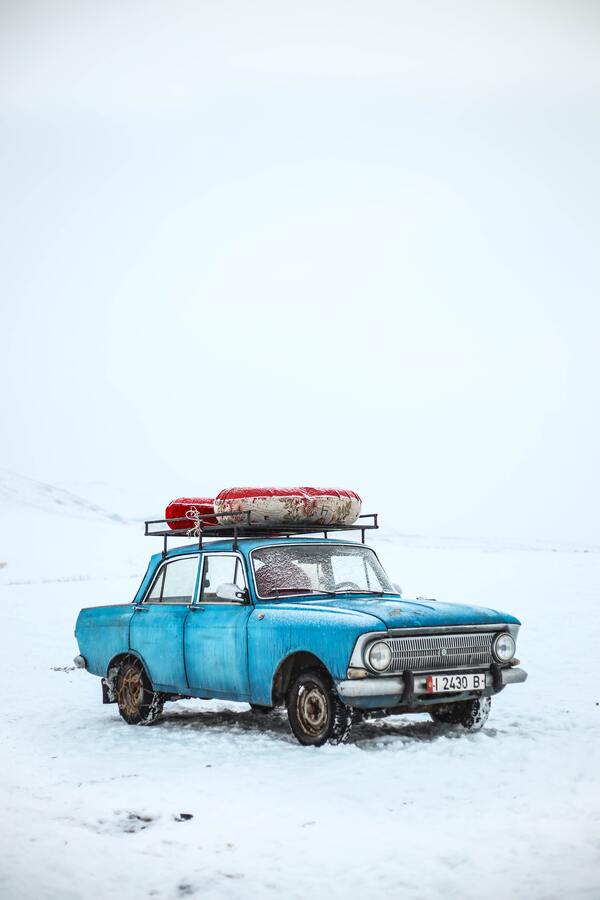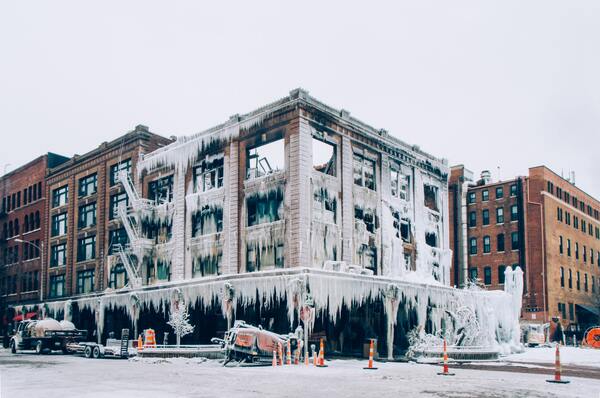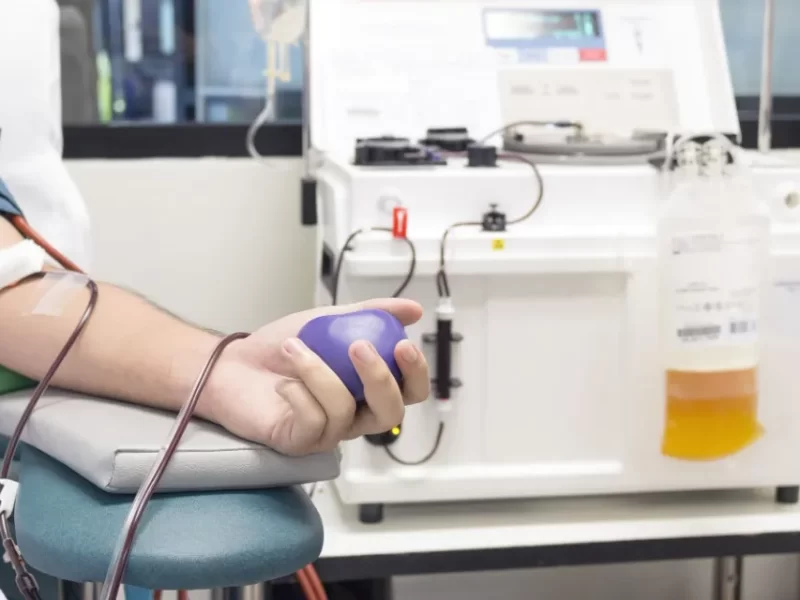Do the elderly people in your life seem to be feeling chilly all the time? Caretakers are frequently instructed to raise the thermostat for scientifically valid reasons. Taking a closer look at the problem will help you understand how to keep elderly family members safe, warm, and comfortable.
Why Do Old People Feel Cold
Our bodies undergo significant changes as we get older. Many things can alter how we perceive temperature, including chronic illnesses and compositional changes.
Metabolic Rate
Your body converts calories into energy through a process called metabolism.
As we get into our later years, our metabolic rate lowers. Your body needs a steady supply of energy to stay warm. Seniors are more susceptible to feeling the cold due to the lowering rate because they have less energy to stay warm.
Fat Reduction
Our bodies start to lose fat from the age of 40, a process which is more pronounced after 70. Being naturally insulated by their fat makes them more susceptible to feeling cold. To make up for this, external insulation can be used, such as more clothing and heating.
Keeping your elderly relatives warm and comfortable often means hiring caregivers that are specially trained in the needs of the older generations.
Reduced Activity Levels
As they find they have less strength and energy, seniors frequently engage in significantly less daily activity.
The elderly tend to become colder as they spend more time sitting down because their bodies have a harder time maintaining a healthy body temperature. This is also observed in people who are sedentary as a result of medical conditions.
Going on senior-friendly outings can have a beneficial effect on happiness and general well-being. Even leisurely strolls increase energy production and fitness.
Poor Circulation
Elderly people may experience a drop in blood pressure as their bodies’ internal blood pressure monitors become less sensitive with age. Seniors frequently experience poor circulation as a result of a decrease in internal water volume and red blood cell turnover.
The body doesn’t get enough blood to the extremities, resulting in cold hands and feet, which can be attributed to poor circulation. You can help with this by wearing warm socks, pajamas, or even gloves. similar to holding hot beverages.

The Dangers Of Elderly Cold Intolerance
Being cold can be dangerous for seniors, not just unpleasant or uncomfortable. It doesn’t take freezing temperatures for seniors to develop hypothermia, which sets in when a person’s body temperature drops below 95° A senior’s body temperature can drop dangerously low in a mere 60°F environment.
Hypothermia can cause the heart and respiratory systems of the body to shut down, which can be fatal if left untreated. Seniors’ body temperatures can drop for a variety of reasons, not just because it is cold outside.
Other common causes of feeling cold in the elderly can be attributed to:
- Medications such as beta-blockers, sedatives, antipsychotics, and antidepressants
- Strokes
- Parkinson’s Disease
- Hypothyroidism (underactive thyroid)
- Sepsis
- Malnutrition and anorexia
- Nerve damage
- Alcohol use
- Drug use
- Anesthesia
Tips For Reducing Elderly Coldness
The obvious response to being cold is to turn up the heat, but this is not always a good idea and could result in astronomical heating costs.
Here are some solutions I’ve considered for preventing chronic colds in elderly people.
- Get them to stay hydrated; warm beverages work best because they allow them to warm their hands while drinking. To keep them from getting tired of drinking tea and coffee all the time, try different beverages like hot chocolate and soups in a cup.
- Purchase a thermos so they can sip frequently and in small amounts without feeling hesitant to boil the kettle every time they want a drink.
- It is much preferable to increase the heating by a very small amount as opposed to raising the thermostat by a large amount. One or two degrees of temperature increase will result in an increase in comfort without a significant cost increase. (It is wasteful and will quickly increase heating costs to set the thermostat at 28 degrees.)
- Subsidize your heating costs by requesting the winter fuel allowance for seniors.
- The best option is to use a gas fire, which is both more affordable and efficient than using an electric fire or heater.
- Fan heaters should be avoided as much as possible because the effect is short-lived.
- Look for warm clothing, and if you can, wear thin layers rather than just one sweater.
- Your body heat can be lost through the feet, so always try to wear slippers as well. Long thermal socks will help you feel less chilled.
- If they experience nighttime cold, an electric blanket will vastly improve their ability to sleep. a good night’s sleep could in turn help them to feel warmer during the day.
- Even though it may not be possible for everyone to move their entire body constantly, keep moving. The best movement is one at all. If, for example, the elderly person is wheelchair- or bed-bound. To keep their fingers active, show them how to fold paper into basic origami shapes. It will influence things.
What Is The Ideal Room Temperature For An Elderly Person
Despite the fact that each person is unique, on average, aging makes people feel colder. So it makes sense to keep the temperature in a senior’s home a little higher. 72 to 76 degrees Fahrenheit, or 22 to 24, is the recommended range for a senior’s room.5 degrees Celcius.
Most seniors will locate a comfortable space within this range. Be aware that basements can often be cooler than the main living floor in some homes.
So if an elderly person lives in the basement, you might need to account for that or if it is getting uncomfortably warm upstairs, look for alternatives like space heaters.
How Should The Elderly Prep For The Winter
The issue is that while a young person will usually recover from hypothermia, an elderly person may experience heart attacks, kidney issues, liver damage, or even worse when their body temperature drops.
Thus, as the cold weather approaches the right thing to do is to go talk to your doctor and learn more about how you can save yourself from getting hypothermia1.
You will find it difficult to stay warm if you have thyroid or diabetes issues because your blood flow is significantly slower. Keep the appropriate clothing close at hand, and keep the temperature in the house higher to keep you warm and comfortable.
Consult your doctor about any medications you may be taking as well as those you should keep on hand in case you need them during the winter, God forbid. This is another crucial thing you should do.



